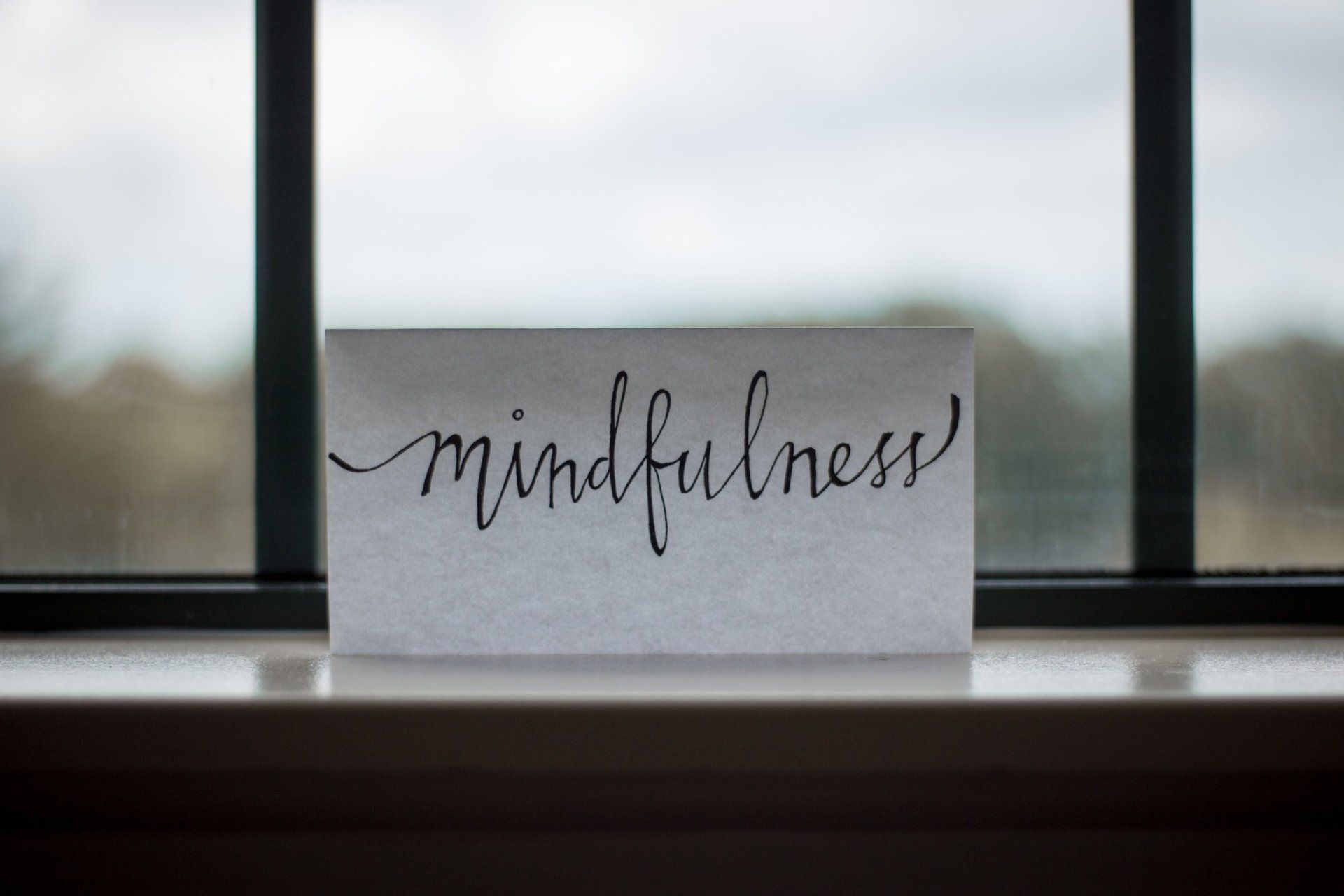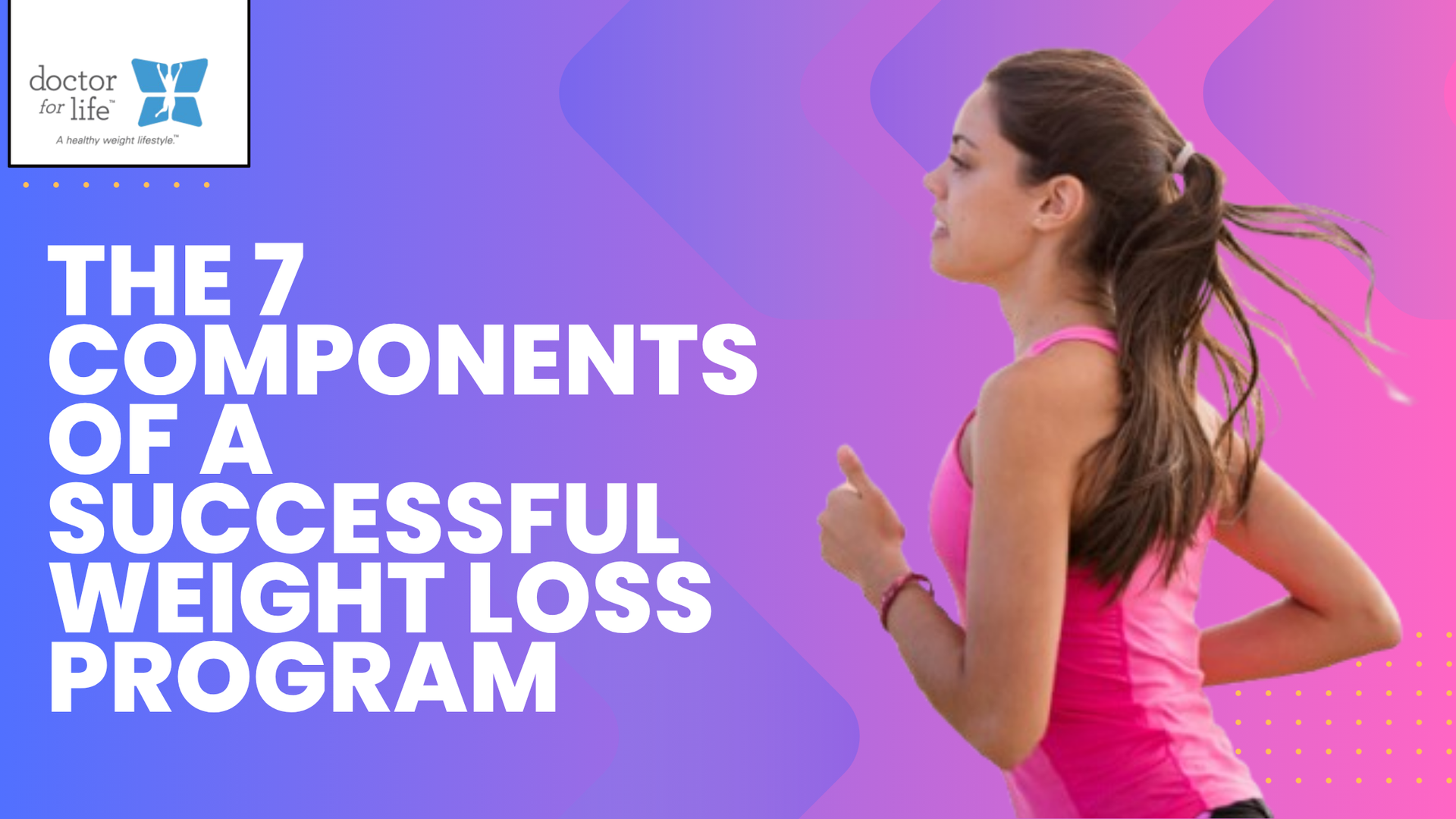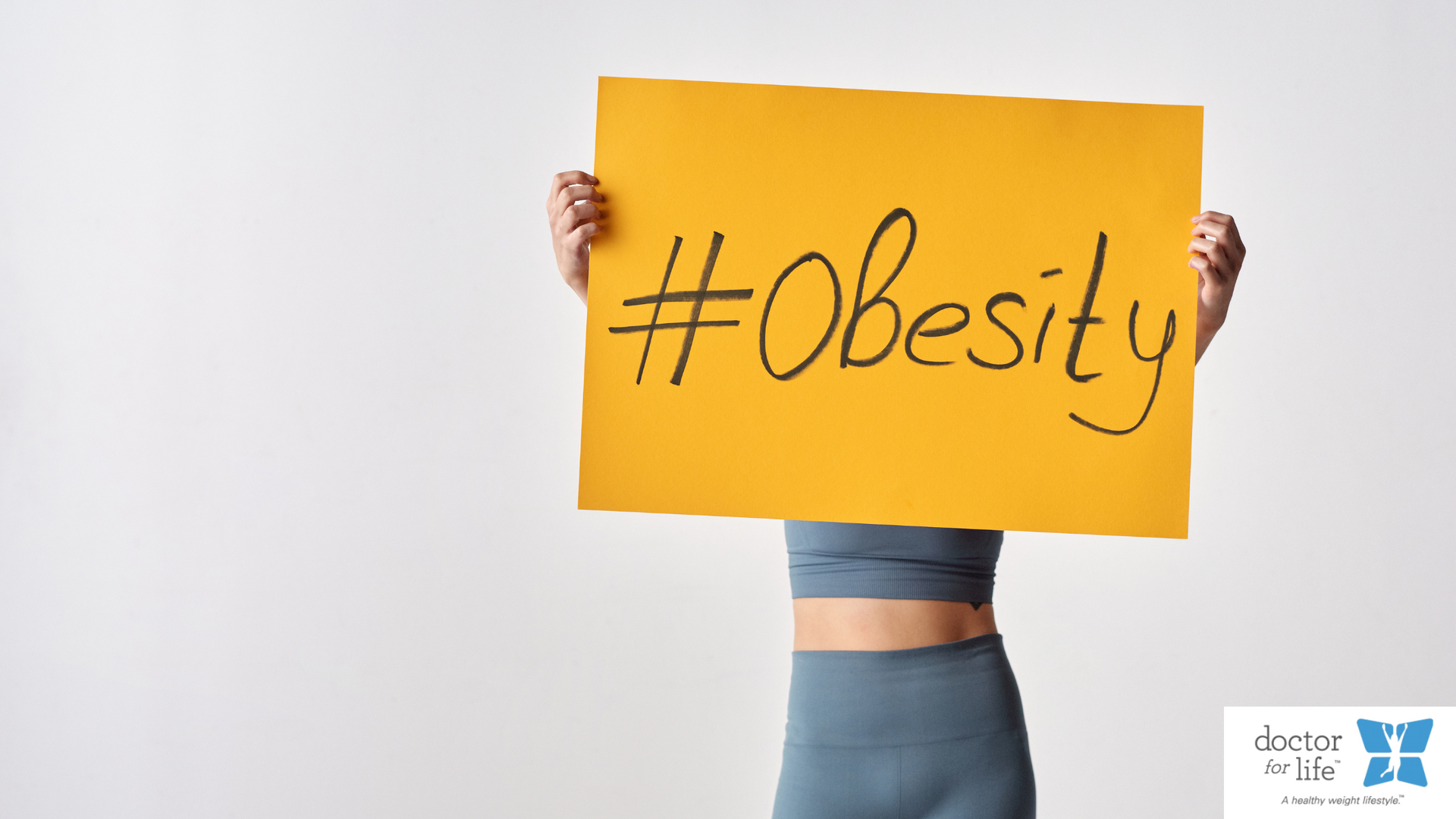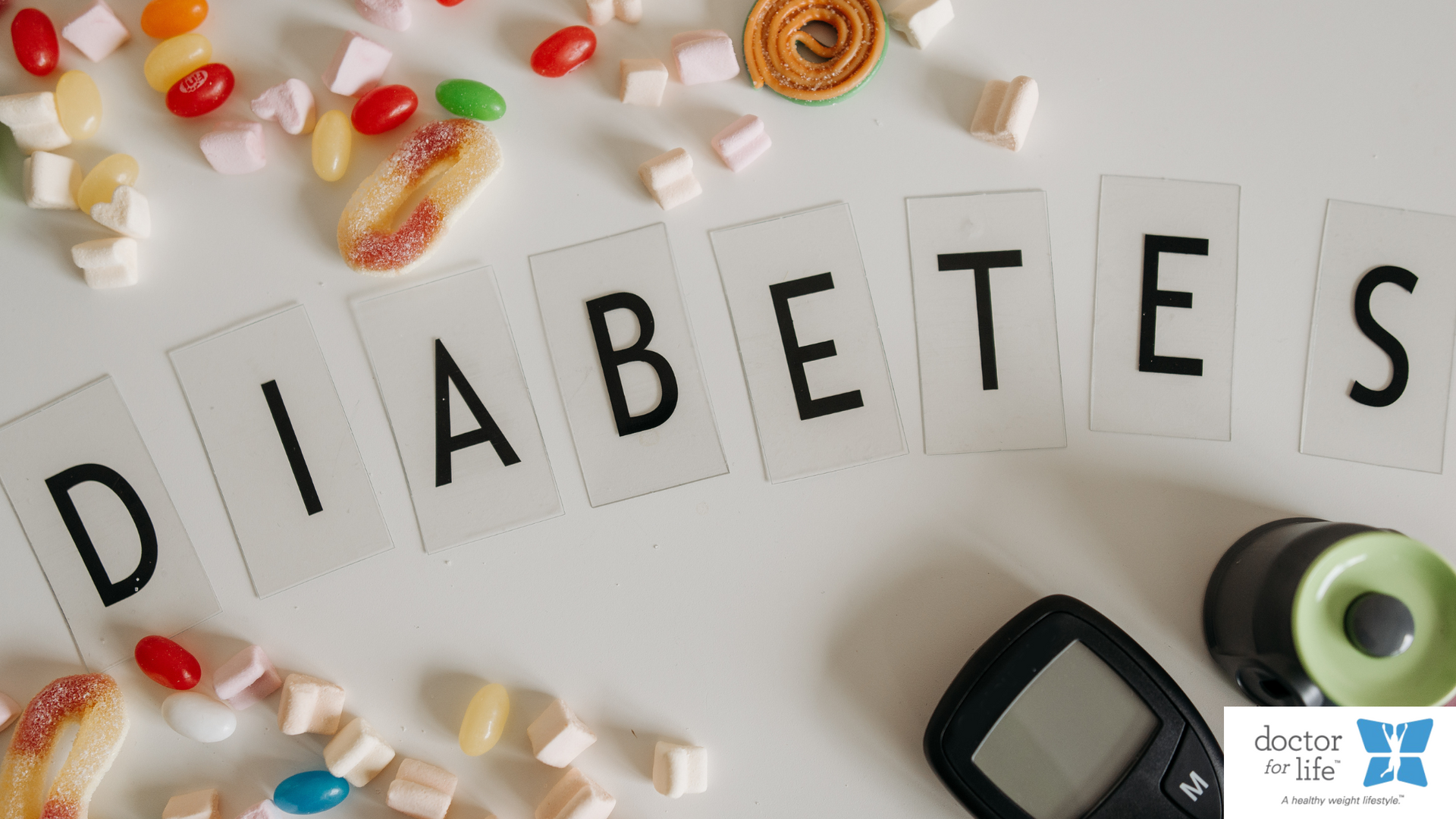Mental Health
Cheryl Sarmiento, MD • July 24, 2021
WHY IS IT HARD TO KICK OFF A HABIT?

THE PURSUIT OF REWARD OR PLEASURE
Pavlov’s theory is a Classical conditioning, that is learning through association. We see some food that looks good, our brain says, "Calories! ... Survival!" We eat the food; we taste it -- it tastes good. And especially with sugar, our bodies send a signal to our brain that says, "Remember what you're eating and where you found it." The experience embedded in our memory and learn to repeat the process next time. See food, eat food, feel good, repeat. Trigger, behavior, reward. Simple, right? Well, after a while, our creative brains say, "You know what? You can use this for more than just remembering where food is. You know, next time you feel bad, why don't you try eating something good so you'll feel better?" We quickly learn that if we eat chocolate or ice cream when we're mad or sad, we feel better. Instead of this hunger signal coming from our stomach, this emotional signal -- feeling sad -- triggers that urge to eat.
Maybe at school, and we see those cool kids outside smoking and we think, "Hey, I want to be cool." So we start smoking. See cool, smoke to be cool, feel good. Repeat. Trigger, behavior, reward. And each time we do this, we learn to repeat the process and it becomes a habit. So later, feeling stressed-out triggers that urge to smoke a cigarette or to eat something sweet. With these brain processes, we've gone from learning to survive to literally killing ourselves with these habits.
TAP INTO YOUR INNER SELF
What if instead of fighting our brains, or trying to force ourselves to pay attention, we instead tapped into this natural, reward-based learning process... but add a twist? Mindfulness with curiosity. We call this cognitive control. We're using cognition to control our behavior. We try develop an interest about what was happening in our momentary experience. Unfortunately, this is also the first part of our brain that goes offline when we get stressed out.
When the prefrontal cortex goes offline, we fall back into our old habits, which is why this disenchantment is so important. We're much more likely to do things like yell at our spouse or kids when we're stressed out or tired, even though we know it's not going to be helpful. We just can't help ourselves.
When the pre-frontal cortex is online, it meant it is in full attention and more discriminatory, we’re just less interested in reacting in the first place. Seeing and understanding what we get from our habits helps us understand them at a deeper level -- to know it in our bones so we don't have to force ourselves to hold back or restrain ourselves from behavior.
BREAKING DOWN OUR FEELINGS INTO BITE SIZE PORTIONS:
And this is what mindfulness is all about: Seeing really clearly what we get when we get caught up in our behaviors, becoming disenchanted and from this disenchanted state, we can naturally let go.
The paradox here is that mindfulness is just about being really interested in getting close and personal with what's actually happening in our bodies and minds from moment to moment. This willingness to turn toward our experience and face it rather than trying to make unpleasant cravings go away as quickly as possible. Facing our experience with curiosity, is naturally rewarding. Being curious is a pleasant experience, we became discriminatory, start to notice that cravings are simply made up of body sensations -- our brain says, oh, there's tightness, there's tension, there's restlessness -- and that these body sensations come and go. These are bite-size pieces of experiences that we can manage from moment to moment rather than getting clobbered by this huge, scary craving that we choke on. When we let go -- stepping out of the process by being curiously aware of what's happening and discerning our feelings -- the same brain region quiets down
STEP OUT OF IT
Instead of perpetuating our endless and exhaustive habit loops ... why not step out of it and let go? Next time you see text message and compulsively text back when driving or if you have urges to smoke or stress eat, check email when bored, or distract yourself from work, to feel a little bit better -- notice the urge, get curious, feel the joy of letting go and repeat!
Resource: Judson A. Brewer MD, PhD










